There are days when the silence swallows me whole, and it is not the kind of silence I once cherished—the silence of a cold Vermont night where even the pines seem to breathe in rhythm with me. This is the kind of silence that drips bitterness on the tongue, like chewing aspirin dry. It tastes like loss, like absence dressed in an echo, and it lingers longer than anything sweet ever could.
I have lost more people than I ever thought possible, more faces than my mind can catalog without burning out. Some left quietly, their absence like a chair suddenly pushed back from the table, no goodbye, no flare of drama—just gone. Others were stolen by violence, by fire, or by choices that ripped them out of the script entirely. A select few I pushed away myself, thinking I was strong enough to handle the fallout. I wasn’t. Losing everyone I used to know is less a singular event and more a slow bleed. It is a series of small funerals I carry inside me, unmarked by flowers, unspoken by anyone but me.
The strangest part? I can still picture them all in frightening detail. I remember the cadence of their laughter, the way they’d fumble for a cigarette, the smell of leather drying against the truck radiator. I remember how we’d lean against the truck, trading stories that felt eternal at the time. None of it lasted. The world swallowed them in its indifferent way. Death, distance, disinterest—it doesn’t matter what name you give it, the lingering bitter taste is the same.
When I was younger, I thought memory was a friend. I kept everything—words, moments, snapshots of abandoned buildings—tucked into diaries and photographs as if archiving would save me from the erosion of time. But memory doesn’t protect. It’s a double-edged blade that keeps what I want to forget polished and sharp. The more I try to hold onto them, the heavier the weight becomes. I carry their shadows in the way my hands tremble sometimes, in the way my voice catches on certain songs, in the way I scan a crowd for someone I already know is never coming back.
There’s a peculiar cruelty in surviving long enough to outlast the cast of your own story. I thought we’d all grow old in some form of camaraderie, telling exaggerated tales about the days when everything was smoke and sirens and raw adrenaline. Instead, I walk into a grocery store in the town where I grew up in Upstate New York, and there is no one left to recognize me. Not one person to call me by the names that once anchored me. Emily, Dark Horse, Rescue Girl—each name belonged to a chapter, each gifted to me by someone who thought they’d stick around long enough to keep saying it. Now the names rattle around my head, orphaned.
Even family is gone. Some by choice, some by cruelty, some by time. I used to think blood meant permanence, but I know better now. I was disowned long before I knew how to stand on my own, and the bitter irony is that I made it anyway. That survival has never once softened the sting. If anything, it sharpened it. It made me realize how cold the world can be when there’s no one left to call home except the echo of your own voice.
People love to tell you that loss makes you stronger, as if grief is some kind of gym you can bulk up in. What it actually does is hollow you out. It scrapes the marrow and leaves a space you can’t fill with anything tangible. Strength is a byproduct, sure, but not the kind they imagine. It’s not bravery or resilience in the way they want to package it. It’s just knowing how to keep breathing when every part of you would rather not.
I’ve built a life here in Vermont—middle-class, blue-collar, soil under my nails, grease in the cracks of my hands. I fix things because it is the one act that reminds me not everything is doomed to be broken forever. But no matter how tight I wrench down a bolt, no matter how cleanly I wire something, there’s no repairing the absence of human beings who once shaped the edges of who I am. Losing them is not an event. It is a condition. A chronic one.
When I sit outside at night, under the pure blue Vermont sky fading into black, and the moon returns to hold place for the sun, I sometimes wonder what they’d think of me now. The colleagues who didn’t live long enough to retire. The friends who drifted away. The family who chose to shun over difference. Would they even recognize me if they saw me, older, scarred, weathered, still carrying that same intensity they both feared and relied on? Or would I just be another stranger to them, a ghost wearing familiar skin?
I tell myself I don’t need them anymore—that I’ve built enough grit, that I’ve earned the solitude. But the truth sneaks in on quiet afternoons, in the way the radio hums low on the kitchen counter. WQBK for the reckless kid I was, WAMC for the thinker I became, WIZN for the fighter who survived it all. The stations are still here, still speaking to me like old friends. The people aren’t. I can tune the dial and hear echoes of my youth, but I can’t dial back time and pull a single one of them out of the wreckage.
And so, I sit with the bitterness. I don’t try to sweeten it anymore. I don’t tell myself it’s noble or poetic. I just let it burn across my tongue, because pretending otherwise feels like another kind of lie. Losing everyone I used to know has left me with the kind of loneliness that doesn’t vanish in a crowd, the kind that sits heavy in the bones. It is not about being unloved or unnoticed—it is about being unanchored, set adrift with only the memory of shorelines that no longer exist.
If there is one truth I’ve managed to hold onto, it is this: survival is not a victory march. It’s a quiet trudge, boots against gravel, breath against cold air, holding on to the smallest reasons to keep moving. I take pictures. I write words that may outlive me. I do it because there is no one left to do it with me, and because doing it alone is still better than stopping altogether. And I do these things to remind me of what was real, what was lost, and what still matters.
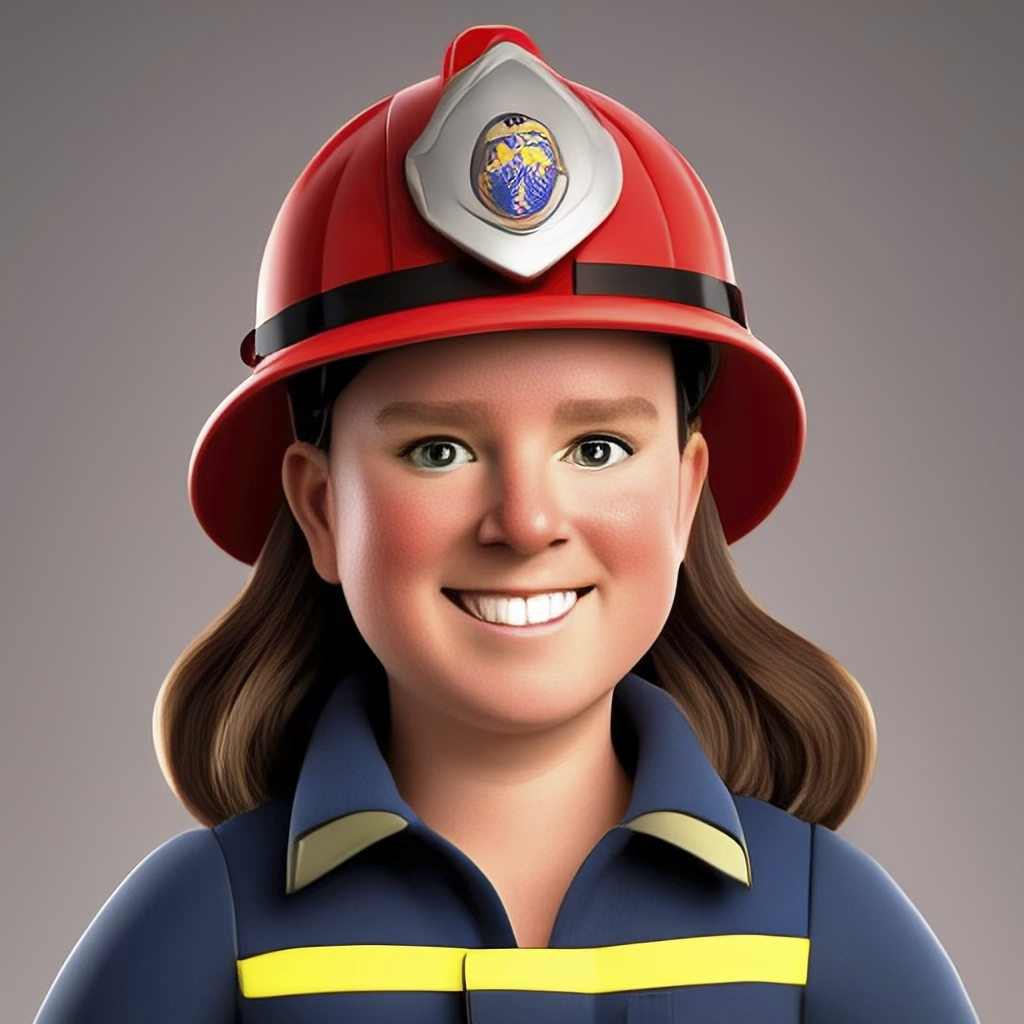
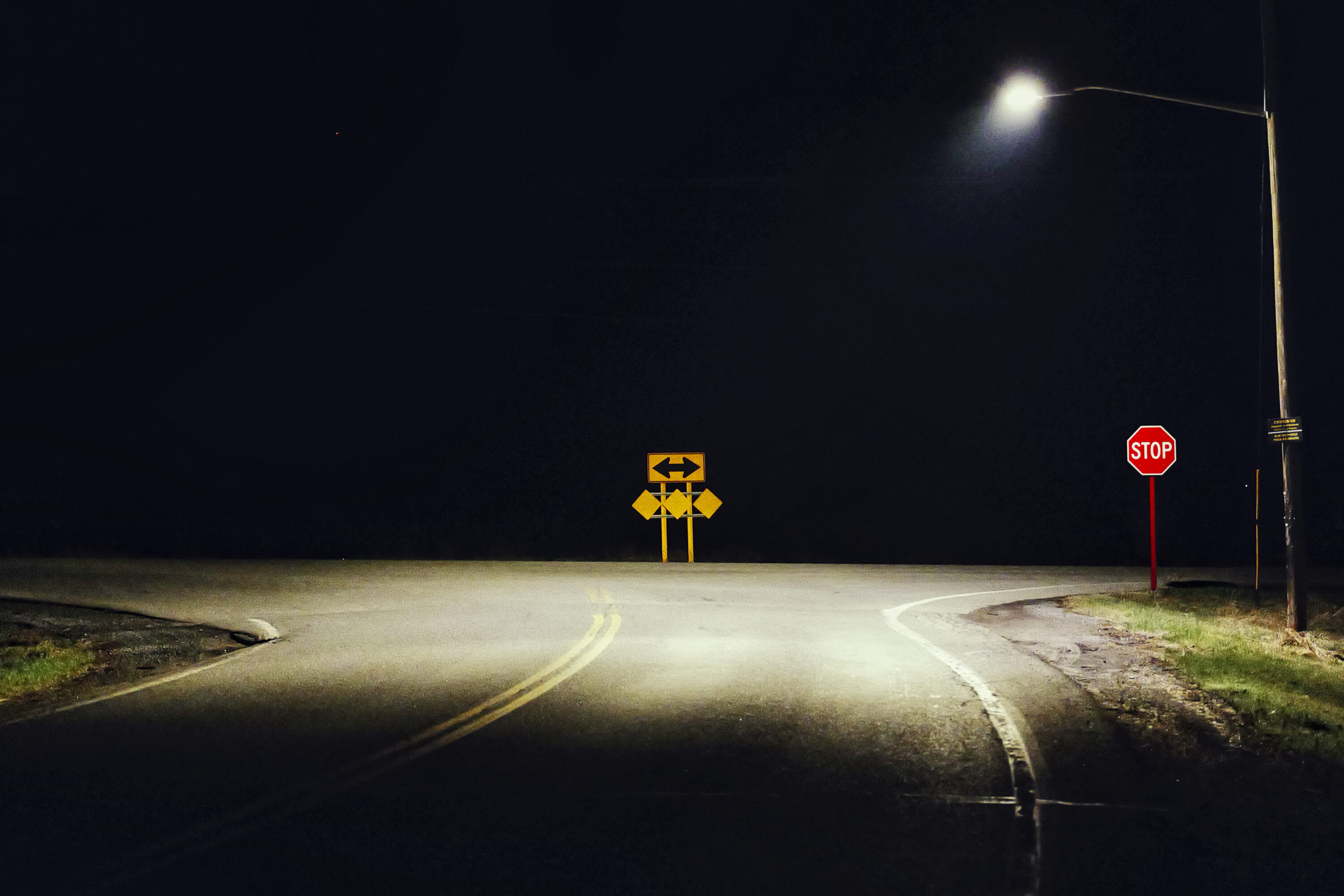
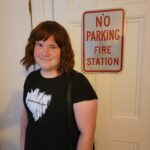
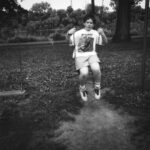



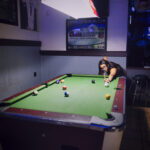


Leave a Reply